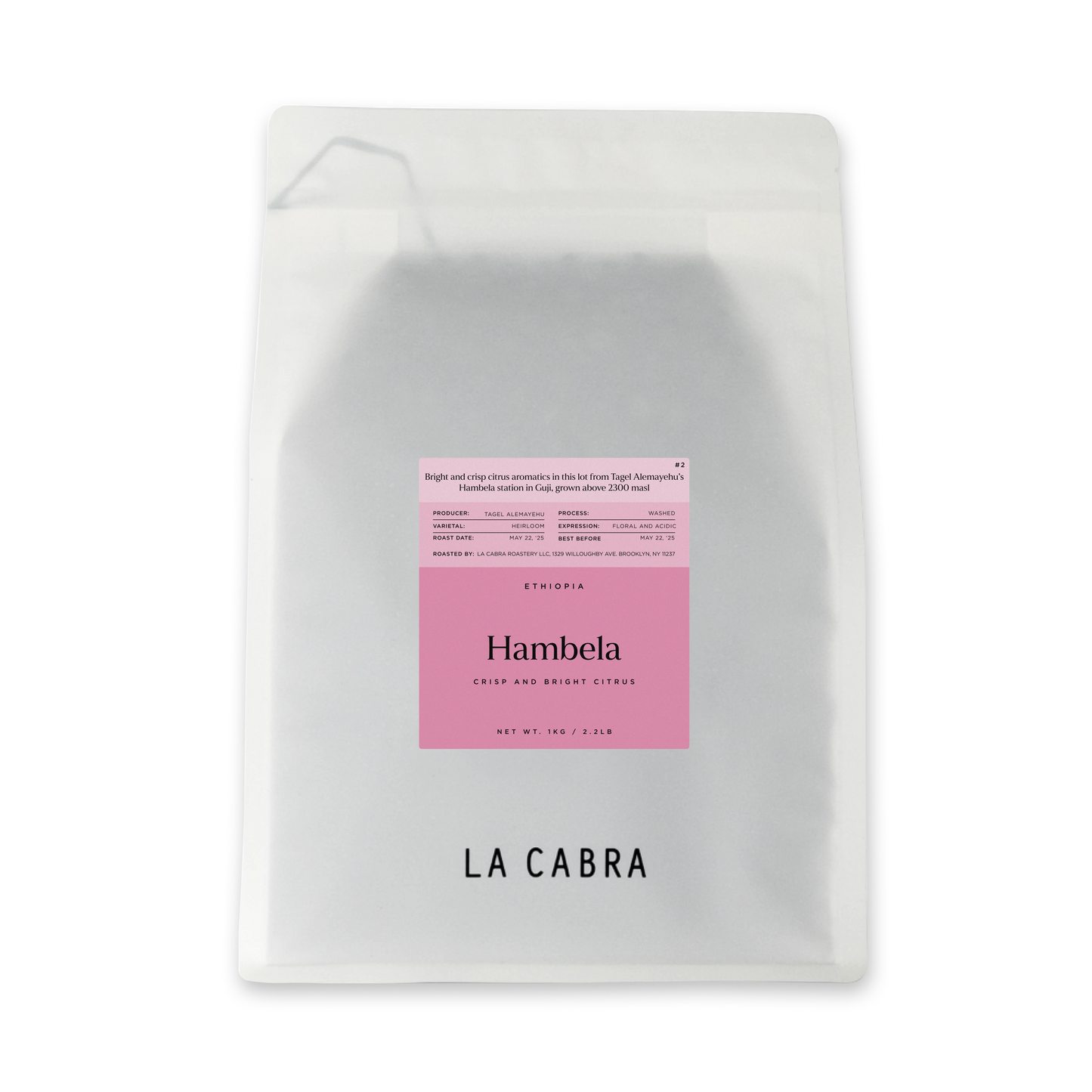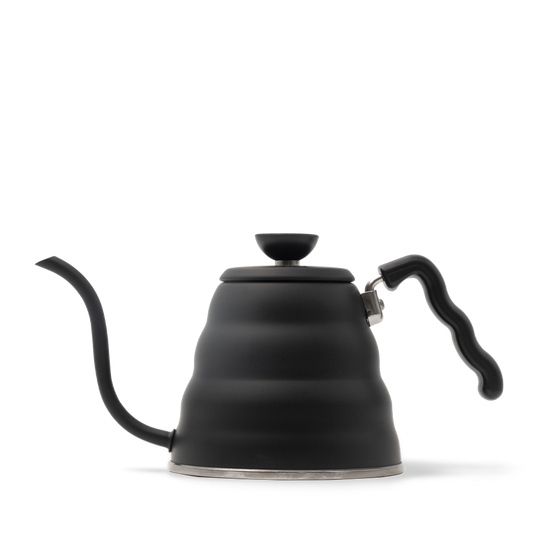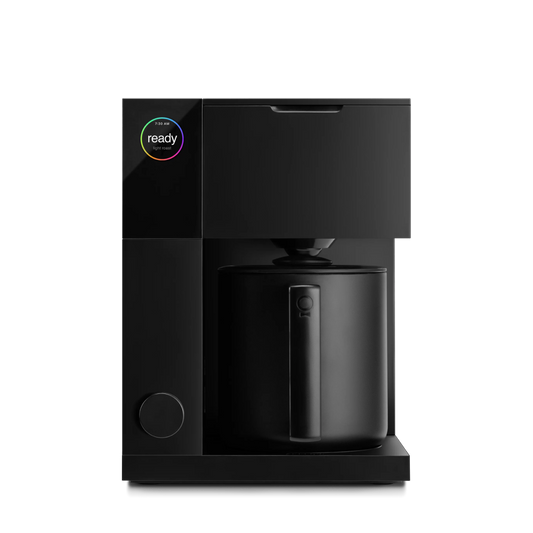

Tagel Alemayehu
Tagel Alemayehu grew up in Bule Hora, Guji, so coffee has always been in his life. His father was a local coffee trader, who built the first washing station in the village and pushed for more professionalism in the sector, installing better equipment in the stations and dry mills in the area. Tagel pushed forward with this work in his own professional life, managing one of the first stations producing speciality natural coffee in Guji from 2004. Tagel’s work in Guji led to many of those iconic blueberry jam-like cups that opened many of our eyes to naturally processed coffees all those years ago.

Olkai Coffee
In the intervening years, Tagel worked his way around the coffee industry, working with several different export and producing companies, alongside a stint as a professional racing driver. in 2018, he founded Olkai Coffee in response to the opening of Ethiopian export regions, for the first owning the whole supply chain, from cherry to export. Tagel now operates 6 stations in the south of Yirgacheffe and over the border into Guji, in some of the regions which promise to produce excellent quality now and in the future. Some of these regions weren’t viable for coffee until recently; climate change is pushing the ideal conditions for coffee higher and higher in altitude.

The area around Tagel’s station in Hambela, Guji lies at over 2300 masl, with some producers growing coffee above 2400 masl. Tagel has distilled his years of experience into the practices here, resulting in some of the best coffees we have tasted recently from the Guji region. Here we find bright lemongrass up front, with aromatic citrus notes of lemon and lime in the cup; clean, lean and focused.
CoQua
The viability of these new regions is an interesting challenge for Ethiopia’s fast moving coffee industry. Providing agronomic support to the many new producers is vital in order to maintain the quality and iconic flavour profile of Ethiopian coffee. One of the driving forces behind this movement is CoQua, founded by Moata Raya and Ansha Yassin.
Moata and Ansha previously worked together at international agricultural NGO Technoserve, and are experts in farming and farm management, as well as quality control and value chains. It was during their tenure that Technoserve supported the building of the Duromina, Nano Challa and Biftu Gudina cooperatives, which became iconic in the speciality industry around a decade ago. Now, it is Moata and Ansha’s turn to push Ethiopian coffee forward again, by supporting new coffee producers on the high plains of Sidamo, in areas where coffee wasn’t viable just a decade ago. They have begun their work in connecting these producers to relevant buyers, who can pay premium prices for their excellent quality. We are excited to be on this journey with CoQua, having been introduced last year through our American friends at Crop to Cup.
-v1754403130834.webp?5460x8192)



























